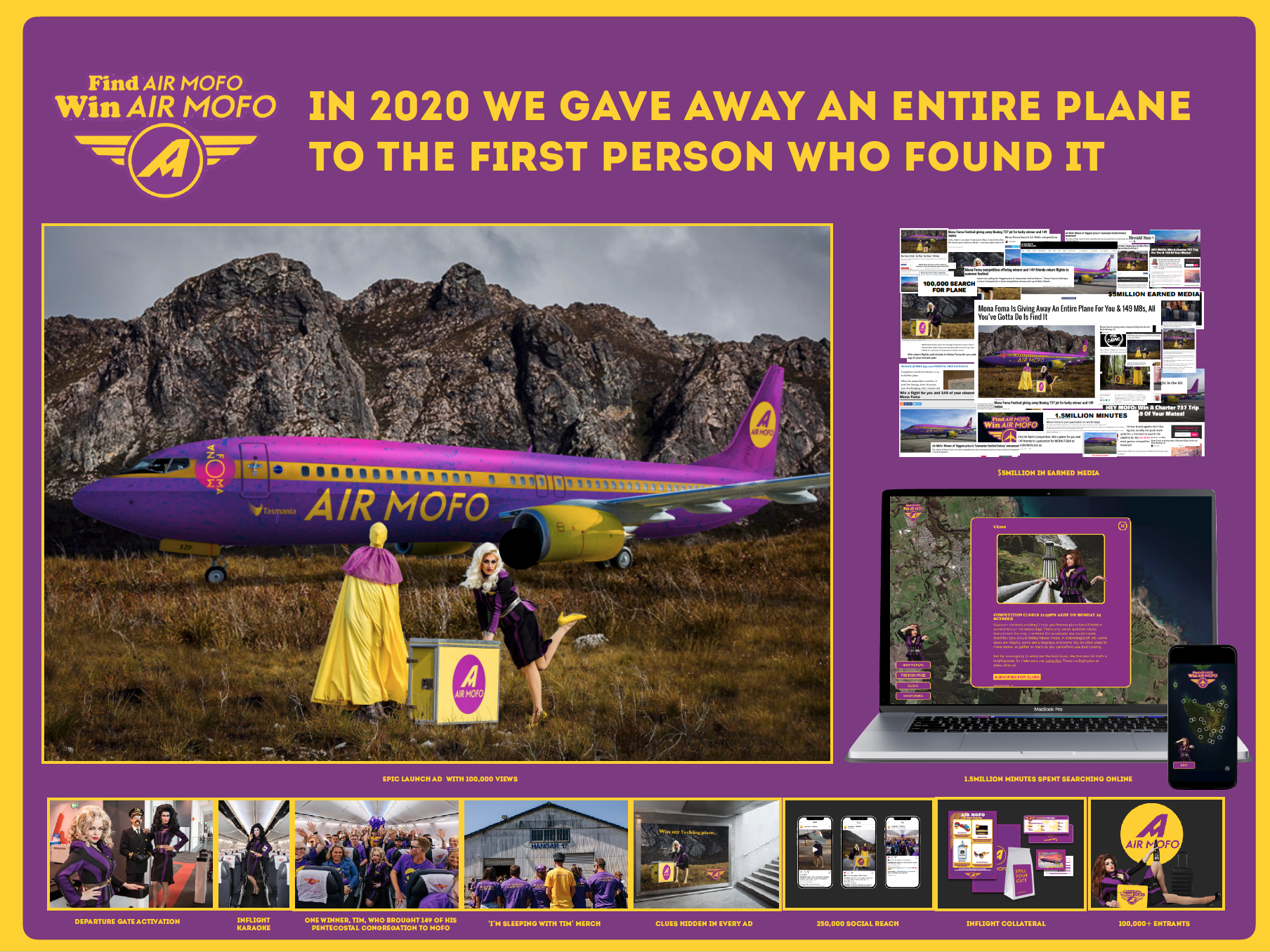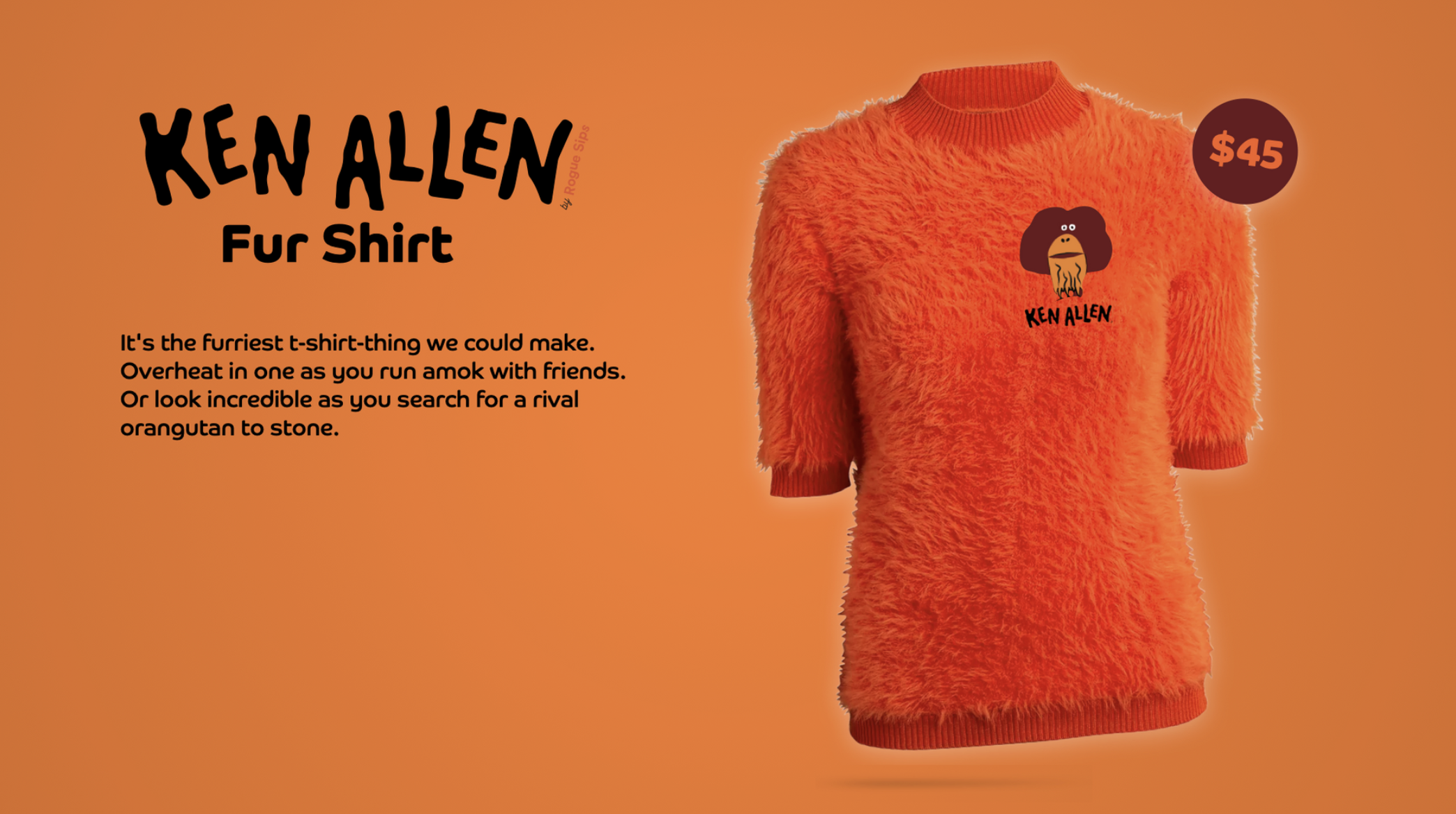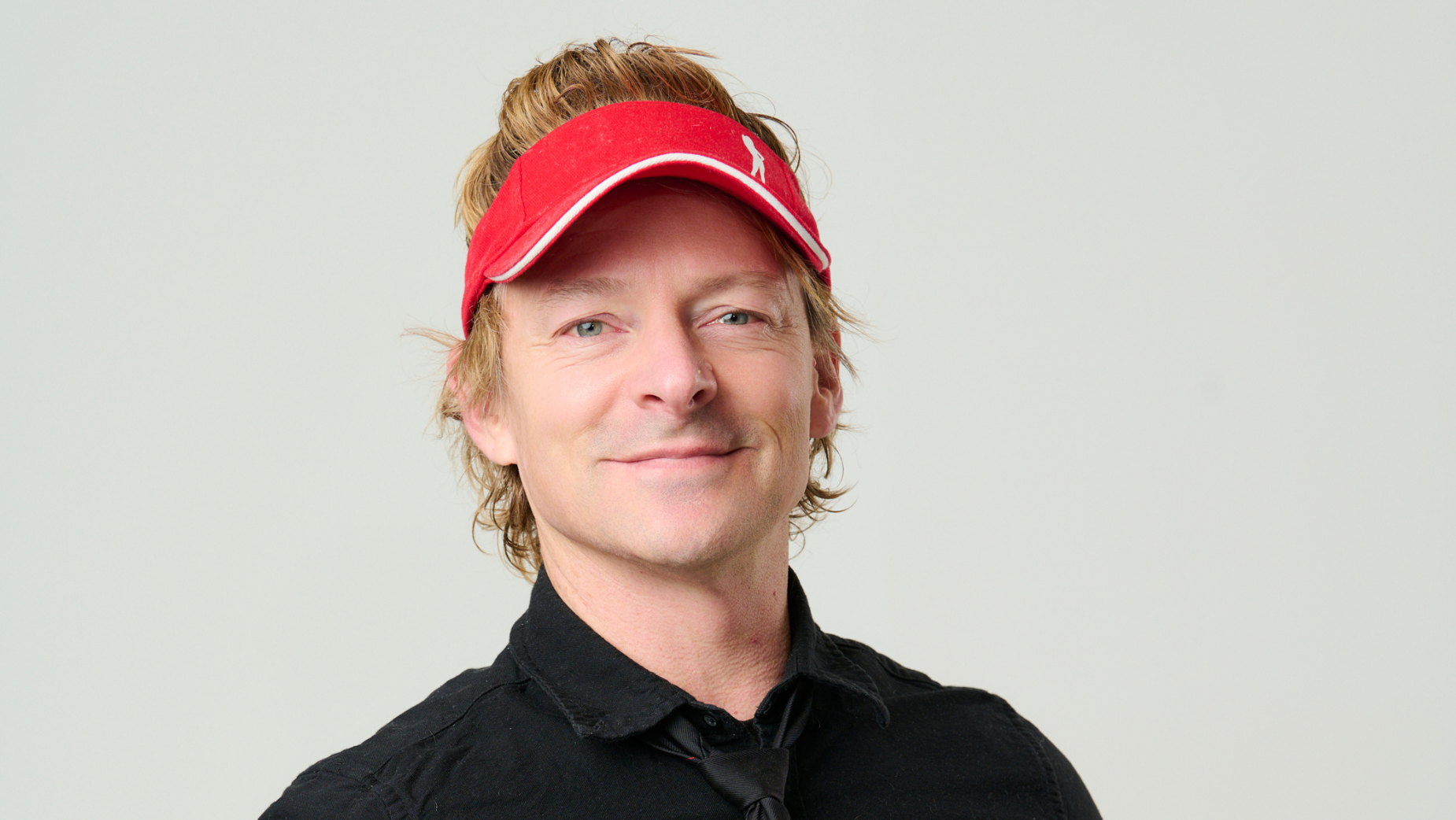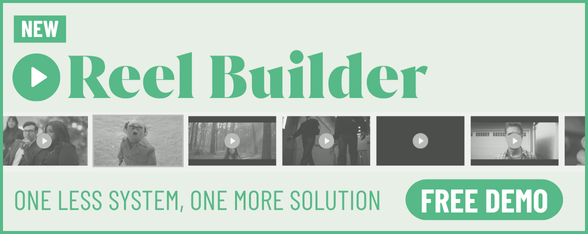
Robbie Brammall Joins Bullfrog as CMO to Build Challenger Brands: “I'm Not That Interested in Doing Ads”

Bullfrog’s executive leadership team rebuild has continued with the heavyweight hire of Robbie Brammall as chief marketing and innovation officer, LBB can reveal.
The former marketing boss at Tasmania’s Museum of Old and New Art (Mona) has joined the Melbourne independent to attract “the most ambitious challenger brands” in each category, exert influence upstream to unlock effectiveness, and, in doing so, differentiate Bullfrog from its competitive set.
The first step is assembling “an Avengers of marketing” with expertise in building brands, not just advertising them.
“I don't think it is an agency, to be honest,” Robbie told LBB of the independent. “I think of Bullfrog more as a growth company. I'm not that interested in doing ads ... I didn't make that many ads at Mona, but it was eight years of non-stop creativity and disruption.
“I'm not going in there as a chief creative officer or something, because that's such a small remit, compared to where you can truly influence a brand, which is being able to tackle all four Ps of marketing.”
At Mona, he had influence across the business, including technology, product, and pricing. That led to the conscious decision to “recreat[e]” his Mona role within an agency, and emphasise ‘marketing’ and ‘innovation’ in the job title, instead of creativity.
“Trying to make everything you do as distinctive as possible is my remit, and that's the meaning behind 'innovation'. Maybe the C-suite's lost a little bit of faith in the word ‘creativity’. It just sounds a little bit nebulous. And this [title] is a reflection of [that]. We're a serious business. We've got serious expertise in growing brands.”
He left Mona last October after eight years at the renowned museum, and set up a consultancy, Brandango, at the start of the year. While he started out in advertising agencies -- he was a CD at DDB and Campaign Palace, and worked for Saatchi & Saatchi, George Patterson Y&R, and Clemenger -- “I wouldn't have gone back into just an ad agency. I've done all that.”
“I'm much more excited about being on this entrepreneurial journey where we are partnering with brands, and being able to pull all the marketing levers to achieve growth,” he said.
“It was always my frustration in agencies, where I'm putting lipstick on the pig and I'm not getting to shape the pig. And at Mona, that was not the case. I was able to influence all four Ps. And the impact that has on effectiveness is palpable.”
He was tasked with selling “$30 million worth of museum tickets a year, and $5 million worth of transportation. $10 million worth of festival tickets. That's actually all performance marketing stuff.
“I didn't have a brand budget. I was just trying to tell the Mona story through our product. So it was a means to an end, but absolutely not best practice.”
The country’s largest private museum (and the second most-visited attraction in Tasmania) was founded by professional gambler, businessman, and art collector, David Walsh, who notoriously “hates marketing” and “hates spending money on anything he doesn't love”. When Robbie launched ‘Best of Our Worst Reviews’, Mona’s first-ever brand campaign, aided awareness jumped 10 points and visitation surged by 25%.
He has also packed a plane with Pentecostal Christians to promote Mona’s summer festival, created a beer roulette vending machine, sneakily spruiked an exhibition in Bondi’s most famous pool, and made a billboard that auto-dialled Donald Trump’s White House.

Robbie is additionally the founder of alcohol brand Rogue Sips, for which he launched a line called Ken Allen, named after an orangutan also known as ‘The Hairy Houdini’ for escaping his San Francisco zoo enclosure.

Bullfrog founder and CEO Dalton Henshaw said Robbie’s “work at Mona speaks for itself, so I feel incredibly grateful he’s decided to make Bullfrog the next place he makes his mark.”
“His mix of strategic marketing rigour, deep commercial understanding, and ability to innovate in every category he’s touched is something incredibly unique – I haven’t come across it before,” he added.
“Robbie embodies creativity and accountability (and many colourful visors), which aligns with everything Bullfrog prides itself on: doing work that works.
“This new role will be integral in delivering our clients' growth ambitions and unlocking our system for sustainable brand growth.”

Robbie will split his time between his home of Hobart and Bullfrog’s Melbourne base. His appointment is effective immediately, and follows last week’s additions of Mike Ronkoske as chief strategy officer and Georgia Newton as general manager, plus Tim Shelley’s promotion to chief brand and experience officer. At the start of the month, Aunties founder Phoebe Sloane joined as creative director.
The Australian creative leadership landscape has been in a state of flux this year. CCOs Gavin McLeod and Ben Coulson are in the market for new roles after departing CHEP and Dentsu Creative, respectively; Stephen de Wolf is leaving BMF to rejoin Clemenger as CCO; TBWA\Sydney recently appointed Matt Keon to the top creative spot after Evan Roberts left to launch an agency; and Barbara Humphries and Damon Stapleton were promoted to co-CCOs of Droga5 AUNZ following Tara Ford’s relocation to London.
The creation of Omnicom Oceania led by Nick Garrett, Clemenger’s merger with CHEP and Traffik, a series of creative agency CEO exits, and a continued spate of indie agency launches have also reshaped the market.
According to Robbie, the current environment proves the importance of agency brand positionings. Without a clear proposition, an agency cannot defy category tropes, cement its position within marketers’ consideration sets, and steal share from competitors.
A memorable proposition is “the most powerful marketing tool that we have,” he said. “That's what separates the good brands from the not-as-memorable and salient brands.
“If you look at the advertising agency industry, it's a time of rationalisation, isn't it? And, hand on heart, what are each of the many agencies offering that is meaningfully differentiated from each other?
“That's the challenge for the industry: how do you establish something that is meaningfully differentiated from everything else in the category? And that's absolutely what Dalton is creating here. We have a very systemised approach to growth, which is what we will be taking to market. We want to get challenger brands excited about that.
“I'm confident that what we are taking to market is going to be sticky and is going to resonate.”















